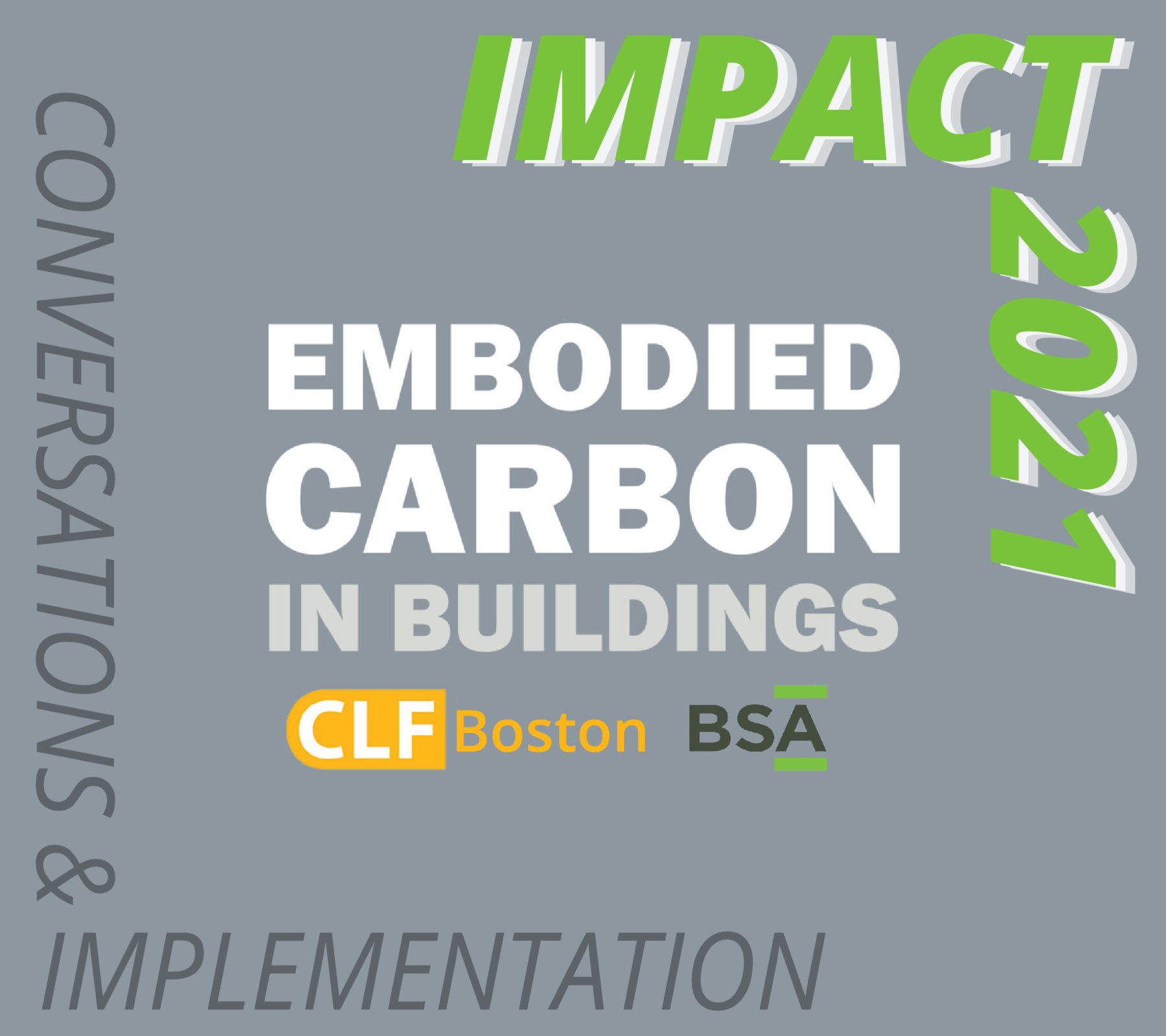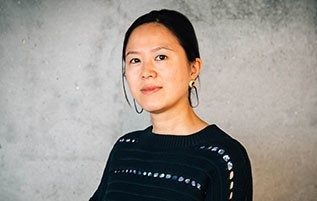Event
Carbon Leadership Forum (CLF) Boston: Embodied Carbon and Interiors

-
COST
Free for BSA members, $10 General admission. Learn more about membership options here.
-
TYPE
CEs
-
AUDIENCE
Professionals
-
ACCREDITATIONS
1 LU AIA credit available
Discussions around embodied carbon often focuses on structure and envelope, but the reality is that many projects involve the renovation or build out of interior spaces, and the cumulative impact of interiors over time, by some estimates, will exceed that of the base building. This session will engage practitioners and owners of interiors scope to discuss to talk about the opportunities and obstacles for doing better on interior projects and procurement. Come prepared to ask questions, share ideas, and identify a plan for yourself and the wider community to move forward.

Jenn Chen, Principal, LMN Architects
Jenn is an interior designer with a focus on how design decisions impact human and environmental health. In addition to planning and designing interior environments that promote health and enhance the human experience, she is also passionate about the role interiors play in a building’s overall embodied carbon impact. Jenn led a case study that quantifies the overall embodied carbon of cyclical interior renovations at LMN and endeavors to find ways of lowering the embodied carbon of interiors over a building’s lifetime. She is on the Materials and Health Research group within the firm and helped launch a finish material library vetting process and a new waste stream process within the office. Her analysis of the impact of spatial qualities on human experiences led to the development of a metric for calculating curricular value of social interaction spaces. Jenn is also a main contributor to the local Healthy Material Collaborative, leading efforts to promote awareness for healthy building materials through public installations and engagement events at the Seattle Design Festival.

Laurel Christensen AIA, WELL AP, Project Manager and Sustainable Design Leader, Dyer Brown Architects
Laurel supports Dyer Brown’s Asset Design + Support Studio and is currently engaged in building repositioning projects and office space design. With a passion for healthy spaces and sustainability and trained in Lean thinking, Laurel continually seeks new ways to disrupt the status-quo within the design and construction field, whether through project work or industry association involvement. In her role as Dyer Brown’s Sustainable Design Leader, she routinely challenges her colleagues and peers to consider the wide-ranging impacts of design and project management decisions. She co-Chairs the Boston Chapter Reuse Subcommittee of the Carbon Leadership Forum and the mindfulMaterials A&D Engagement Working Group, where she drives development and adoption of the industry-leading platform for sourcing healthy and sustainable building materials.

David Cordell, Sr. Technical Coordinator, Associate Principal, Perkins + Will
David's experience includes a variety of corporate, non-profit, healthcare, and science & tech projects for clients of various sizes. With over eight years as the sustainability leader for the interiors practice in the office, David has worked on numerous LEED projects, several of which earned Platinum certification. Part of the firm’s Material Health and Transparency Taskforce, David has a special focus on interior environments and their interaction with occupant health and wellness. David has authored several articles for Contract Magazine’s “Designing for Health” series and published research papers on various aspects of workplace design. In addition to his sustainability efforts, David has served as a project designer and technical coordinator for Perkins+Will for more than ten years. Additionally, David speaks regularly on topics related to healthy interior environments and his projects have received multiple awards and have been published in Contract magazine, American Builders Quarterly, and Building Design + Construction. He recently co-authored “In Plain Sight: Calculating the Climate-Shifting Carbon Chain” with his colleague Jon Penndorf that focuses on embodied carbon impacts.